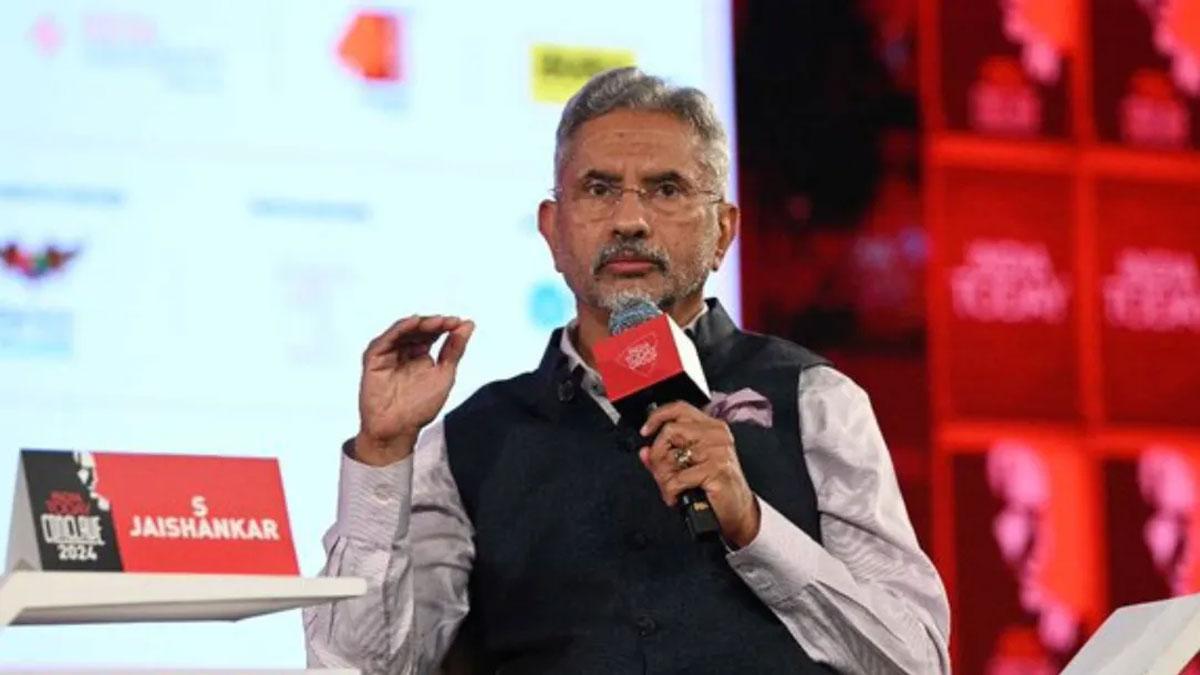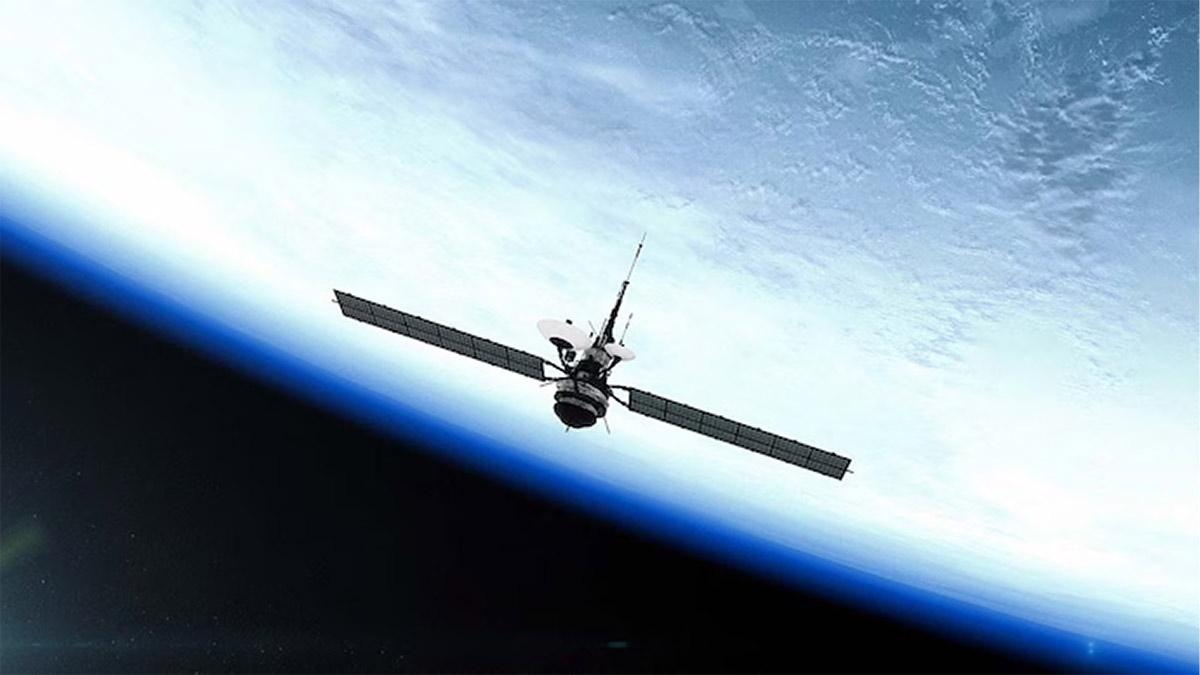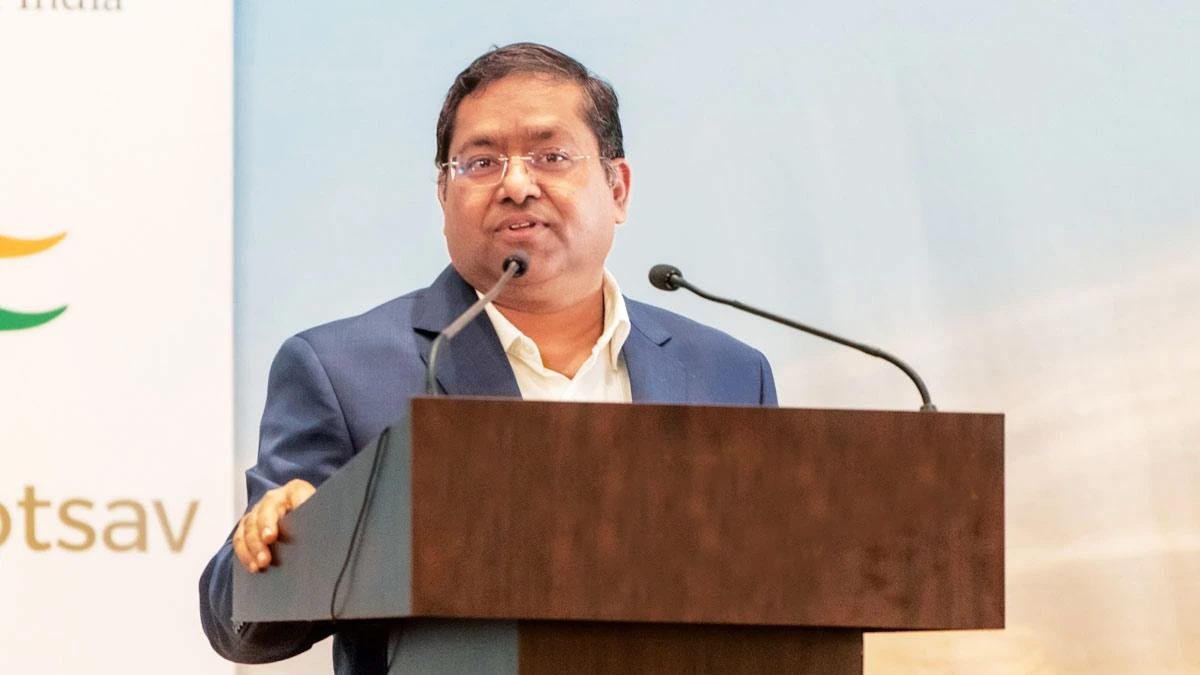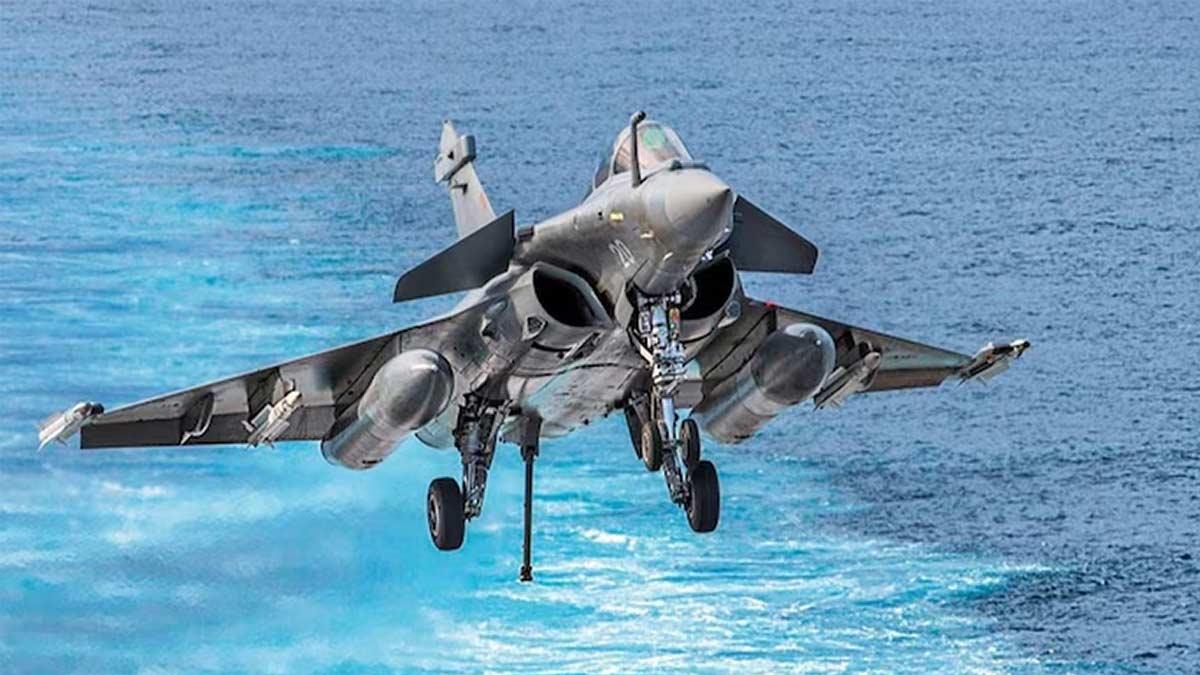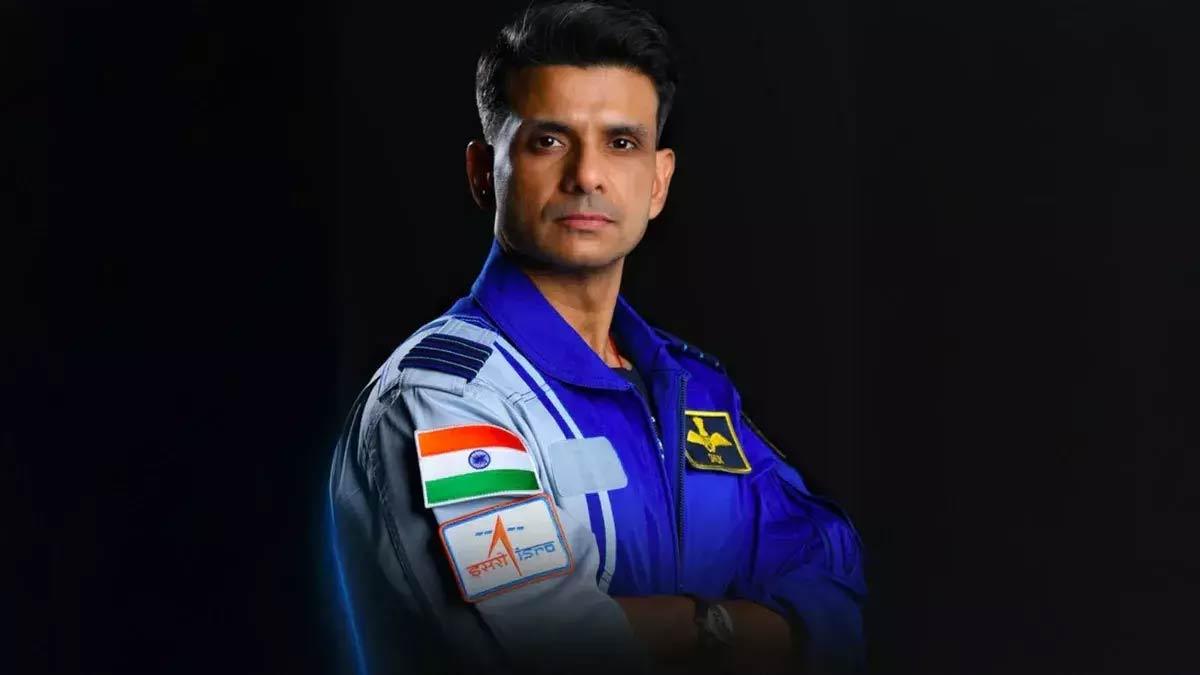Describing India's relationship with China as "very challenging" and characterized by intense competition, External Affairs Minister (EAM) S. Jaishankar emphasized the need for India to exhibit patience and persistence in its dealings with its East Asian neighbor.
Addressing a media conclave, Jaishankar acknowledged the complexity of the relationship, particularly noting its escalation since 2020, although he pointed out that tensions had been mounting gradually over time.
"Since 2020, the relationship has undeniably become more complex. I acknowledge that fact. However, this complexity had been brewing over time... We were not candid about it, not even with ourselves. We failed to articulate it properly and, frankly, neglected to strategize accordingly," Jaishankar remarked.
Responding to queries about India's approach to this challenge amid the upcoming general elections scheduled for April-May, the EAM stressed the importance of abandoning pretense, expressing genuine concerns, and discarding ineffective diplomatic language when engaging with China.
"The foremost step is to acknowledge the reality that we have a highly challenging and competitive neighbor. There are significant unresolved issues in our history, some of which have exacerbated over time," he emphasized.
Jaishankar highlighted that beyond territorial disputes, India and China also face substantial economic challenges, underscoring the necessity for India to bolster its economy to effectively engage with its neighbor.
Since the clash between troops in the Galwan Valley in June 2020, India and China have conducted numerous rounds of military talks aimed at achieving complete disengagement along the Line of Actual Control (LAC) in eastern Ladakh to restore peace and stability in the border regions.
Army Chief General Manoj Pande described the situation along the LAC as "stable" but "sensitive," emphasizing the Indian military's high operational readiness to handle any potential escalation.
In response to China's deployments, India has bolstered its troop presence along the strategically significant India-China border.
Jaishankar revealed that military discussions have primarily focused on disengagement, followed by de-escalation, recognizing the inherent risks associated with the current forward-deployed posture of both nations.
"When forces are positioned in such close proximity, various challenges emerge, including patrolling, obstruction, and maneuvering issues, all of which contribute to a highly intricate scenario," he explained, emphasizing the necessity for patience and perseverance in navigating this complex situation.
Read also | Indian Military Personnel Return from Maldives: MEA Announcement
Read also | Former Civil Servant Navneet Kumar Sehgal Assumes Chairmanship of Prasar Bharati

